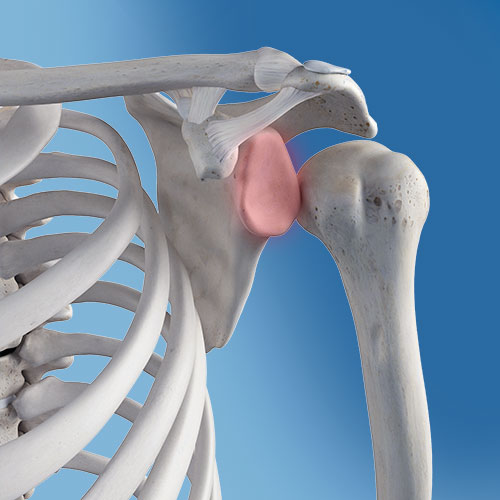 Shoulder Dislocation Specialist
Shoulder Dislocation Specialist
While your shoulder is a marvel of mobility allowing a wide range of motion, its flexibility makes it susceptible to injury in the form of instability or dislocation. A sports injury, car accident, or even a stumble can dislodge the shoulder joint, causing pain and generally keeping you from getting on with your day. Sometimes the shoulder has to be “popped” in the emergency room. As a sports medicine-trained orthopedic surgeon, Dr. Samuel Park at Specialty Orthopaedics in Illinois has seen hundreds of dislocations and knows how to fast track your recovery process. If you think you’ve dislocated your shoulder and need help, call the Hinsdale office to schedule an appointment or book your consultation online.
Shoulder Dislocation Q & A
What causes a shoulder dislocation?
A first-time dislocation usually takes a considerable amount of force. The most common causes of shoulder dislocation include:
Sports injuries
Any sport that features high-impact play, such as football, soccer, or hockey can easily lead to shoulder dislocations.
Falls
Landing incorrectly during a fall can wrench the shoulder joint out of its socket. While sports that involve falls can cause the injury, even tripping and falling can result in dislocation.
Other trauma
Incidents such as car accidents can lead to a shoulder dislocation, depending on the nature of the accident.
How are shoulder dislocations treated?
In most cases, Dr. Park can manipulate your arm back into the socket in a procedure called “closed reduction.” If your arm is unusually swollen or painful, he may provide some pain relievers before treatment.
If you find yourself experiencing recurrent shoulder dislocations, it may mean that you’ve damaged or weakened the ligaments in your shoulder. In this case, Dr. Park performs a minimally invasive arthroscopic surgical procedure called arthroscopic stabilization to repair any damaged tissue or ligaments.
No matter which initial treatment you receive, you’ll need to spend several weeks recovering. Immobilization with a splint or sling is a standard precaution, and Dr. Park assigns a physical therapist to help strengthen your weakened shoulder muscles.
What are the symptoms of a dislocated shoulder?
A shoulder dislocation occurs when your upper arm bone becomes dislodged from your shoulder socket. Symptoms manifest almost immediately following the injury, including:
- Intense pain
- Visible deformations in the shoulder region
- Reduced mobility or a complete inability to move your arm
- Eventual swelling and bruising
How long is shoulder dislocation recovery?
So long as you follow the recovery plan assigned by Dr. Park and your physical therapist, you should regain regular use of your shoulder within a few weeks. However, you should avoid returning to specific physical activities until Dr. Park has cleared you. Without proper supervision, a shoulder dislocation can leave you more vulnerable to future dislocations, even after a full recovery.
If you’re suffering or have suffered from a shoulder dislocation and want to reduce the chance of it happening again, let Dr. Samuel Park lend his experience. Call Specialty Orthopaedics in Illinois at the Hinsdale location to book your appointment or schedule your consultation online.
